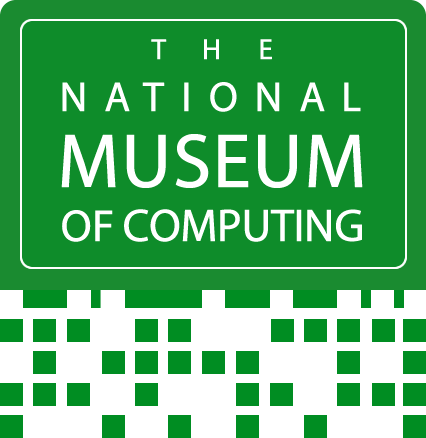Fifty Years Ago .... from the pages of Computer Weekly
/21st August 1975 computing, compiled by TNMOC volunteer archivist, Brian Aldous.
A selection of stories from Computer Weekly from 21st August 1975. The full archive of Computer Weekly can be seen at TNMOC, where there are special rolling displays of front pages from 25 and 40 years ago.
Scheme to aid family doctors: A project is under way at the Department of Health and Social Security to apply automation to the task of compiling the patient statistics which form the basis on which family doctors are paid. The project has been developed over two years by the West Sussex Family Practitioner Committee in Chichester, and the data is being processed on the Dental Estimates Board’s ICL 1904A computer at Eastbourne. Family doctors are required to compile quarterly lists of patients that they have seen over the preceding three months, and these lists form the basis on which their remuneration is decided. But it is necessary to identify positively each patient on the list to ensure that patients exist and that they are not on several doctors’ lists at the same time. It is this administrative checking which is being automated in the pilot study. The doctor compiles his list of patient identities (there is no question of ailments or other confidential information being revealed) in the usual manner, and as far as he is concerned, the only difference the automated system makes is that he gets paid more promptly for the work he has done. (CW 459 21/8/1975 p7)
Keeping British Rail trucks on track: Information relevant to the movement of all British Rail’s 280,000-plus freight wagons and 3,500 locomotives is stored on 3M Scotch 936 disc packs, as British Rail’s Total Operations Processing System, TOPS, continues its planned implementation phases towards completion in October. At present, the TOPS computer centre at British Rail’s Marylebone headquarters has 180 936 disc packs in use with more to come in later. TOPS involves a large number of files on which most of the information changes continually as trains move across the country. From about 400 on-line terminals at some 200 locations, users will interrogate the files at any time they wish, to obtain detailed information concerning the movement, contents, control and so forth of all wagons and locomotives. All information concerning the make-up of a train is entered on punched cards and transmitted to or from the terminals. At the same time, this information is written to the appropriate disc files. (CW 459 21/8/1975 p14)



